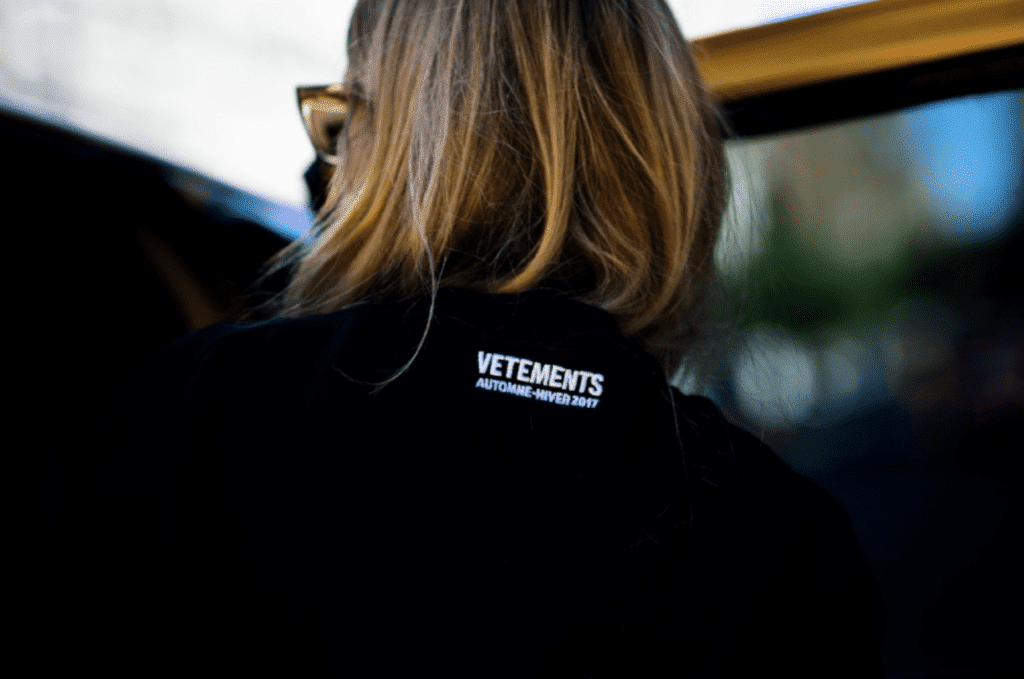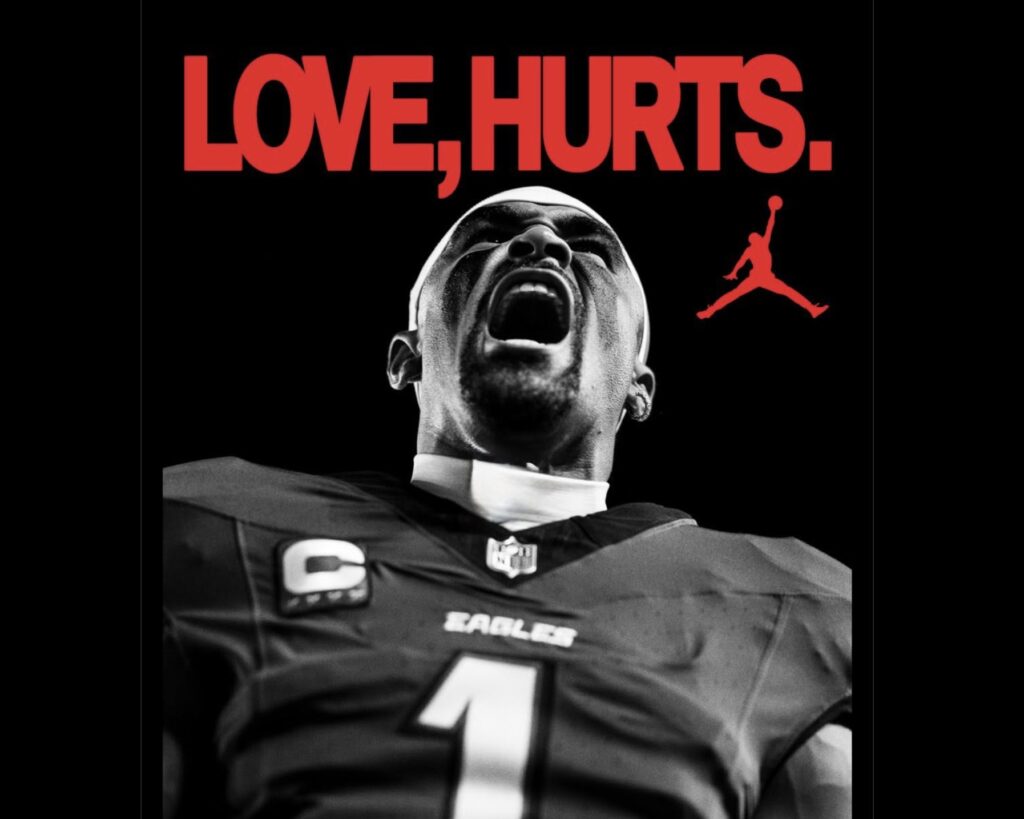Vetements has come up short in a long-running quest to register its name as a trademark in the United States for use on clothing. In a decision on May 21, the U.S. Court of Appeals for the Federal Circuit affirmed the U.S. Patent and Trademark Office (“USPTO”) and its appeal board’s refusals to register the term “VETEMENTS” as a trademark, holding that “vetements” – the French word for “clothing” – is generic when used for garments and retail services and thus, is not registrable, regardless of any evidence submitted of acquired distinctiveness.
The Background in Brief: The Federal Circuit’s ruling comes after Vetements Group AG, the Swiss fashion brand known for its subversive aesthetics and industry-disrupting designs, attempted to secure a U.S. trademark registration for “VETEMENTS” in both standard character and stylized form for apparel and online retail services back in 2020. The two applications were rejected by the USPTO and its appeal board on the grounds that “vetements,” the French word for “clothing,” is generic or merely descriptive when used in connection with the goods and services identified.
Despite its high-profile presence in fashion circles, the Federal Circuit agreed with the trademark office that the term is unprotectable under the “foreign equivalents” doctrine.
What’s in a Name?
The Federal Circuit affirmed the U.S. Trademark Trial and Appeal Board’s refusal to register the marks, holding that the word “vetements” is generic for the apparel-centric goods and services at issue. Applying the doctrine of foreign equivalents, the court found that the relevant public in the U.S. would translate “vetements” into “clothing” and understand it as referring to the identified goods, and not the source.
The 3-judge panel rejected Vetements Group AG’s argument that a majority of Americans must understand the foreign word for the doctrine to apply, concluding instead that it is sufficient if an “appreciable” number of consumers are capable of translation. Given that French is a commonly spoken and taught language in the U.S., and that the word “vetements” is directly descriptive of the clothing goods at issue, the court affirmed the Board’s decision. Because generic terms are incapable of indicating source, the court also held that the mark could not acquire distinctiveness and is, thus, unregistrable.
The Federal Circuit’s decision underscores a fundamental principle of trademark law: a term that is the generic name of a product cannot serve as its brand name, even if that term is in another language. The court reasoned that because “vetements” simply means “clothing” in French, American consumers are likely to understand and translate it.
“Words from modern languages are generally translated into English,” the court stated, invoking decades of precedent that treats foreign words the same as English-language terms when assessing descriptiveness and genericness. The judges were unmoved by Vetements’ argument that its use of the term is distinctive in fashion circles. Instead, they emphasized the broader perspective of the “ordinary American purchaser.”
The Bigger Picture
This case is a cautionary tale for fashion brands – especially those hailing from non-English-speaking countries – that seek to leverage generic foreign words as trademarks in the U.S. While evocative or stylized foreign terms may carry cultural cachet abroad, U.S. trademark law applies strict scrutiny to their use in connection with related goods.
Importantly, this decision does not just close the door on Vetements’ trademark applications, it clarifies the contours of the foreign equivalents doctrine and underscores that generic foreign terms cannot qualify for registration, even with claims of acquired distinctiveness. For designers and branding teams, it may prompt a reevaluation of naming strategies aimed at the U.S. market.
THE BOTTOM LINE: Vetements, a brand that built its identity on irony and subversion, now finds itself on the losing end of a legal doctrine that sees no irony in language. The Federal Circuit’s ruling serves as a reminder: when your brand name is quite literally “clothing,” you may not be able to claim exclusive rights – no matter how fashionable you are. In a twist of timing, the years-long legal battle has now outlasted the brand’s own peak in relevance, with Vetements having faded from the forefront of fashion since its explosive rise in the mid-2010s.
The case is In re Vetements Group AG, 2023-2050, 2023-2051 (Fed. Cir.).














